Tabassum discusses the adverse impact of Squid Game on the psyche of children and teens, a serious parental concern, in this age of growing violence and intolerance. An exclusive for Different Truths.
Squid Game is the biggest show on Netflix and is taking the world by storm. More than 142 million households have tuned in to watch the show worldwide, breaking Netflix’s all records. And viewers are still tuning on. It’s a South Korean show, and it is a kind of dystopian drama. It is all centred around innocent-looking children’s games. But these games are with brutal, deadly consequences.
Many schools in Western countries warn parents against letting children and teens watch it due to its violent nature and fears that children and teens might be recreating the dangerous scenes. John Bramston Primary School, Sound Down School, Deal Kent School in the U.K. had extra lessons on the dangers of watching content that was not age-appropriate in response to the show’s popularity.
Some believe that this level of violence has no place on young people’s screens. There is an age restriction on this game, but nowadays, Netflix doesn’t have a watershed. Children and teens can watch it.
Communal Violence in Bangladesh
After the post-pandemic and recent shameful communal incidents from the second week of October, Bangladeshi parents can’t afford to take any more pressure. We know that games like this go viral in a heartbeat. Then the parents are under pressure from children demanding that everyone is watching and they should be permitted to watch. Sometimes parents don’t have time. Children and teens are still doing online and in-person classes on a shift basis.
It’s disturbing that the teenage crowd is talking about this movie on social media…
Parents might find it very difficult to monitor everything. And before they know it depending on how persuasive their children are, they are being exposed to deeply, graphically violent. The children don’t have the psychological and emotional maturity, especially young children who can watch the movie to make sense of it. It’s disturbing that the teenage crowd is talking about this movie on social media and different platforms like Reddit, Quora, etc. From their conversation, it appears that these droplets of normalising graphic violence do have a long-term impact.
Similarly, parents in those forums have expressed their concern and levelled it as ‘blood-curdling’. Some parents’ opinions are that it is ‘upsettingly violent’ and ‘traumatising’. The violence comes surprisingly but in a very gruesome fashion. The show depicts the loss of human lives in some unusual ways; that being said, people worldwide have really taken to the show.
Violent Squid Game
Squid Game is exceptionally violent and ghastly, very much chilling and frightening indeed. I wonder whether there’s an added element. As we watch this picture, these are children’s games, which are depicted in a horrid way and are something that adds to our concern for children as they watch it, they would assume these games are something to feel safe around, and then they turn grisly.
Children don’t have childhoods, as we did, because of the digital age.
Children don’t have childhoods, as we did, because of the digital age. There are great things about the digital age, but children’s brains haven’t changed in the last few years. As adults, something that scares us is terrifying for children, but they can’t make any sense of them. And especially very young children, they don’t understand. They think that it is just a programme. But it becomes very messed up.
Something beautiful and innocent fun that we want them to interact with their peers and run around the playground is becoming something dark and scary. Honestly, it gets very tangled up in their minds because they can’t make sense of it.
Devil’s Advocate
Let’s be the Devil’s advocate here for a while. In our time, boys played with plastic guns, and they used to shoot water colour at each other. Then came plastic machine guns with light and sound. Children used to play in combat. Isn’t that a part that hyperbole of fictional violence is part of growing up? So why we are so concerned about this Squid Game by Netflix?
After watching, one can still see the images from Squid Game.
In fact, the dire problem is the imagery. After watching, one can still see the images from Squid Game. The directors are bombarded with a lot more imagery which is disturbing. There is a saying, “You can’t have your cake and eat it.” We are in a significant global crisis with violence in the home, violence on the streets. Every day terrible things are happening like teenage violence. If we can do everything as parents, grandparents will allow our children to be shielded from much violence.
Is it healthy to have all of this available in our culture? There’s quite a sophisticated storyline going on; you watch it and ask lots of questions about human behaviour and how we are all influenced. In this day of the 24-hour availability of television, what do we do about restricting our children from violent content?
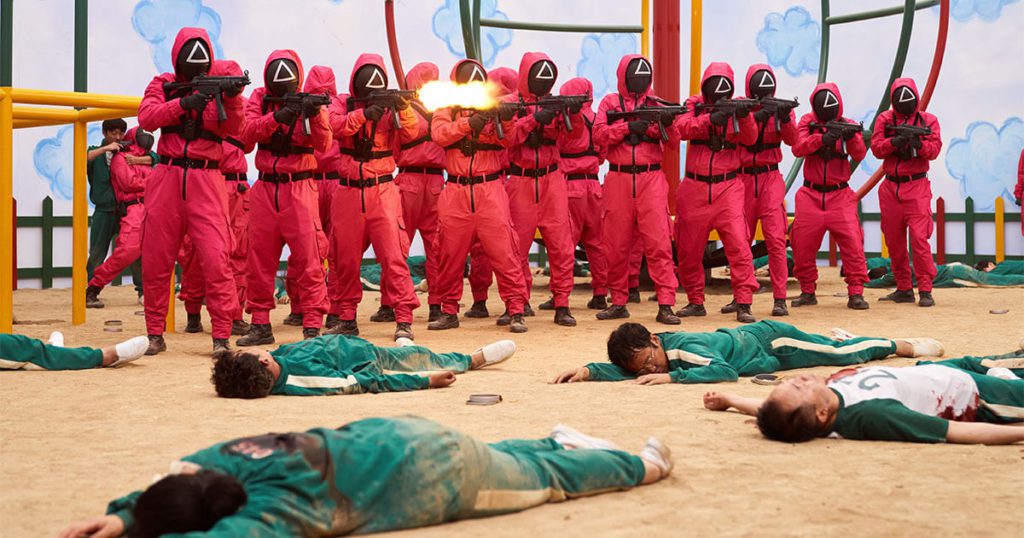
Moderate Children
In this age of Zoomers, it is difficult to moderate what children can or cannot watch. Because if they want, they will find a way. Social media has created spaces and bubbles that people can access that content. So, suppose you have children that are watching this or really want to watch it. In that case, it’s vital to have communications and conversations about what this programme is about.
Why do the children want to watch it? Is it peer pressure?
Why do the children want to watch it? Is it peer pressure? Is it really wanting to know about the story? And if children are watching it, have those discussions about what the programme depicts the extreme levels of violence. The level of violence is fictional, and it’s not real.
We already have video game addiction, PUBG, Free Fire problems openly preying on the minds of the young generation. It is the parents’ decision whether they can watch Squid Game with their children.
Parental Controls
Netflix says they offer a wide variety of parental controls, including maturity filters to help families make the right viewing choice. Though Squid Game has a disclaimer that age 15 and over can watch it. Some parents are so irresponsible that they don’t follow the disclaimer and allow minors to watch because it has become a worldwide phenomenon. The trouble is if someone has seen it and then put it in TikTok, or they put it in the social media, then it’s out. There isn’t any stopping then.
We need to think about the moral dimension. Squid Game is not an entertainment show.
We need to think about the moral dimension. Squid Game is not an entertainment show. It is entirely fictional. The 1998-Oscar-winning movie, Saving Private Ryan has some extraordinary gruesome scenes for the first fifteen minutes. But it is accepted because it was a rendition of what happened in Omaha beach, on June 6, 1944, when the U.S. Army landed there as part of the Normandy invasion. The scenes are justified in the context of natural history. The moral dimension of this moral argument is that Squid Game’s depiction of violence is for sheer entertainment.
We need to do more to protect our children. Encouraging children about the country’s values like harmony, respecting all faith, something creative and something positive. And to prevent them from violent entertainment and any kind of hate speech.
Dark Childhood
Let’s not fill their childhood and adolescence with darkness. If you look deeper, you will find that we can’t deny the reality. Before that, we had young women killed and raped, teen violence, TikTok group teen violence, stabbing and killings. We have a horrendous issue. The question is, how much of it is fueled by the violence that we see on screen?
Feature picture from Rottentomatoes.com

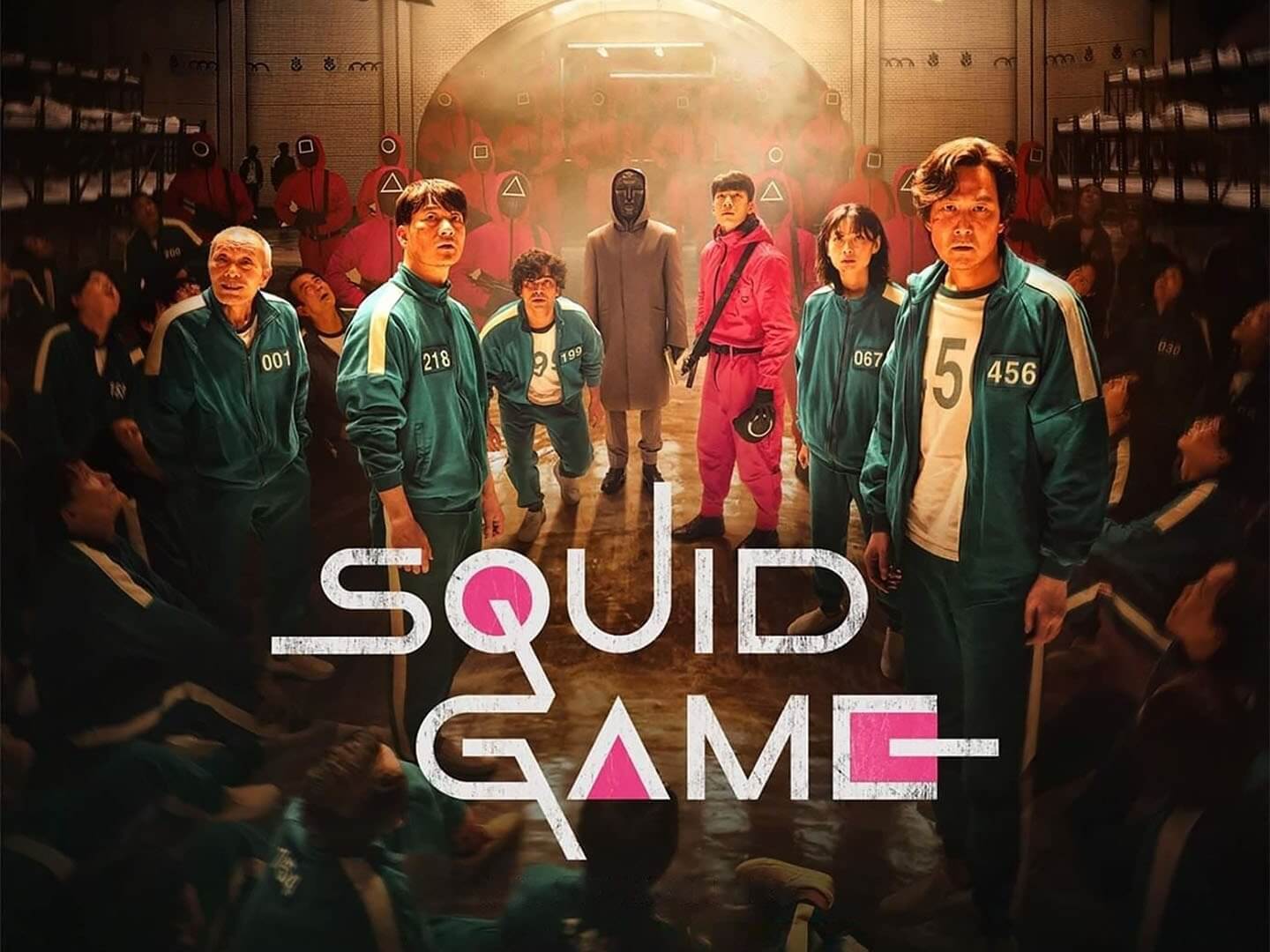



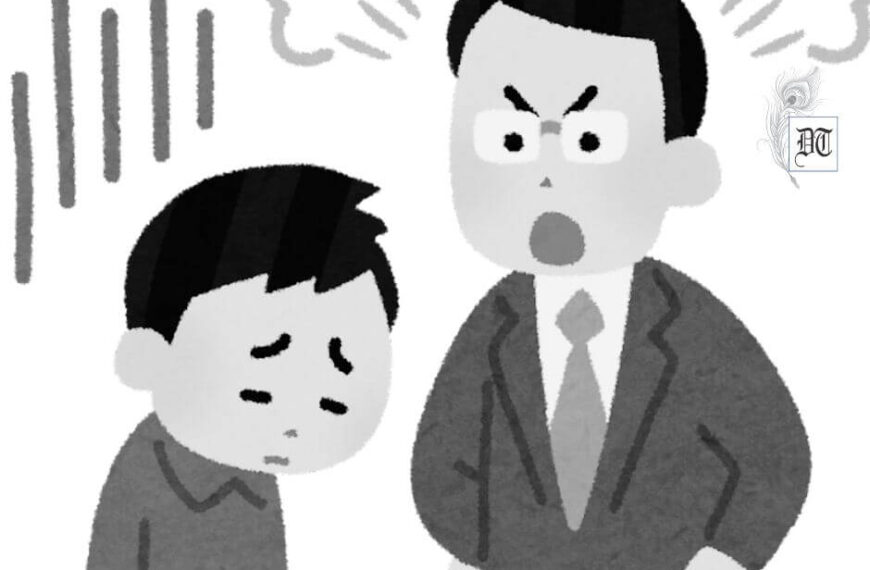
 By
By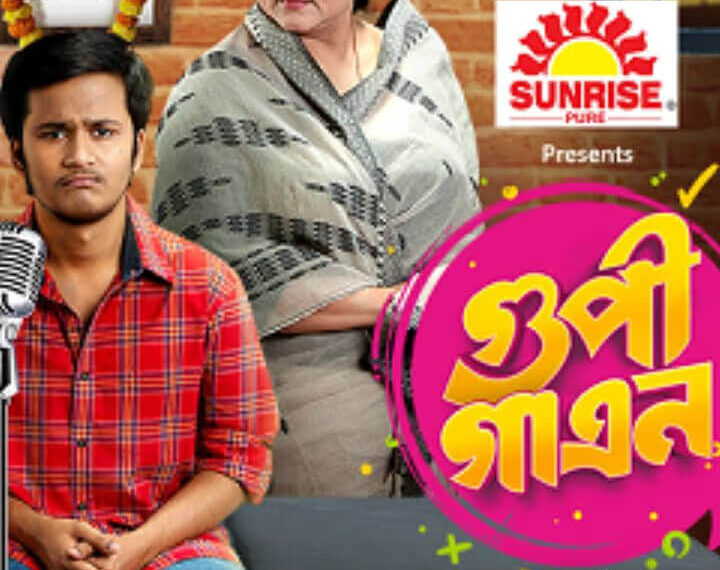
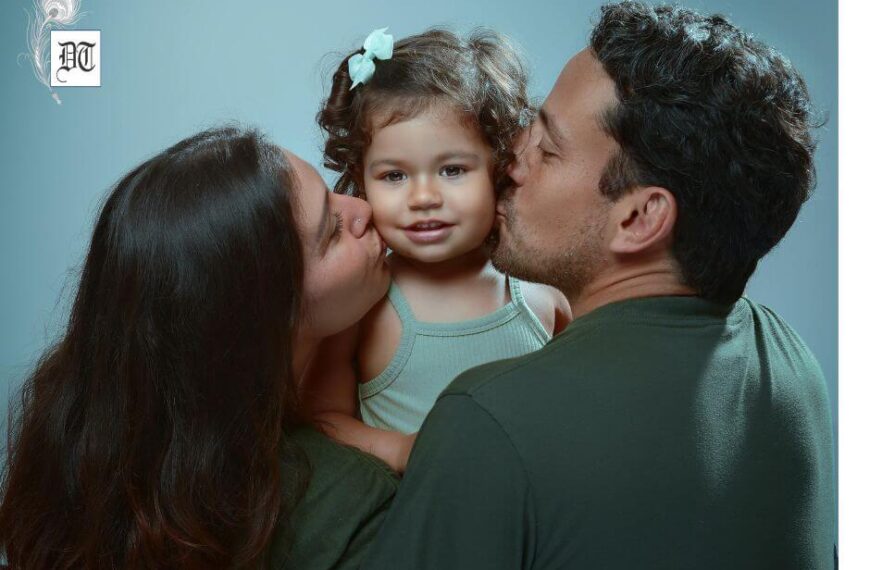
 By
By
Tabassum Tahhmina Shagufta Hussein Ma’am, what you have stated is a fact, a stark fact that cannot be ignored except at our own peril. But I believe that nobody is going to listen to our pleas that such games should be taken off the social media platforms. The onus is on the aware parents to wean away the children by spending quality time with them in creative hobbies and pursuits.
As it is, the entire social milieu in which children are growing up today is vitiated in a way too far beyond our ken even. Language of violence surrounds us, acts as grid through which we construct our world. How to shield impressionable children poses a big challenge.
It is a very timely article that beautifully sums up how children today have been deprived of their childhood.
Thank you very much indeed for your kind comment . I am humbled ,inspired and honoured by your comment. I have been writing about Social media addiction, game addiction. And I have tried to portray that the parents are not playing the role properly . If parents are social media addict ,how they can expect their children to keep a balance between using social media and their life? How many parents do encourage their kids to visit library these days?
If parents keep talking about Squid Game in light manner instead of asking the questions mentioned in the write-up , can one blame the kids?
I agree with you profoundly. Yes ,”Nobody is going to listen to our pleas”.
But ,we need to keep trying with hope ,no matter how light feathered it is. If we can make an iota of contribution , it will be our effort that we have tried. Thank you so much . A kind comment which has been written beautifully makes a huge impact on the writer’s motivation.
I thank you again.